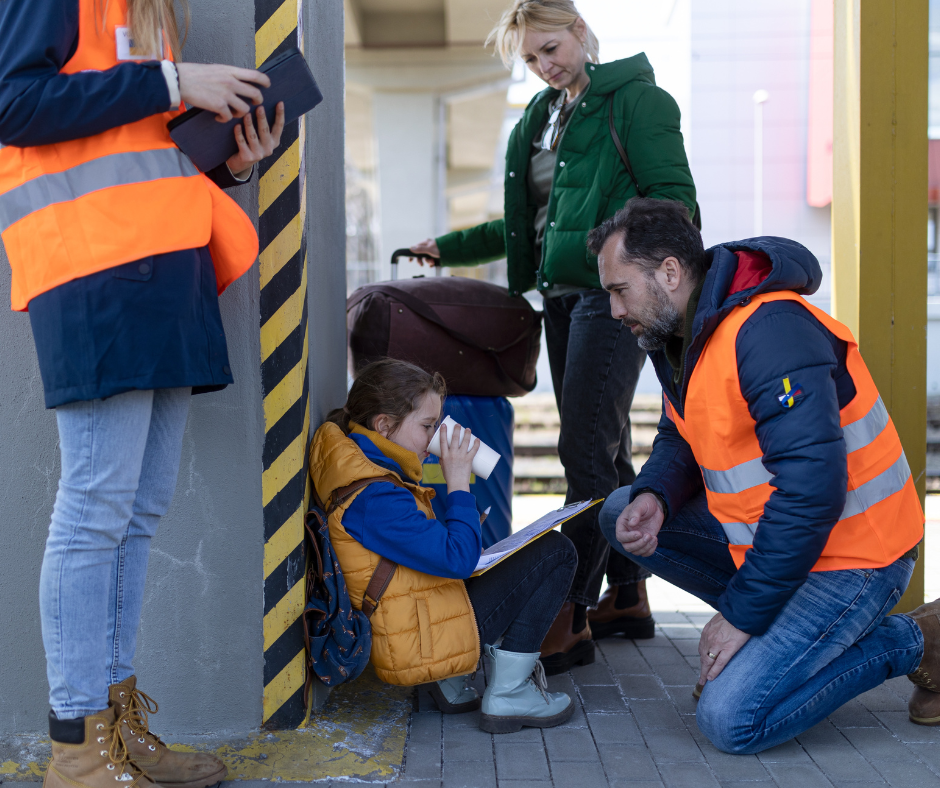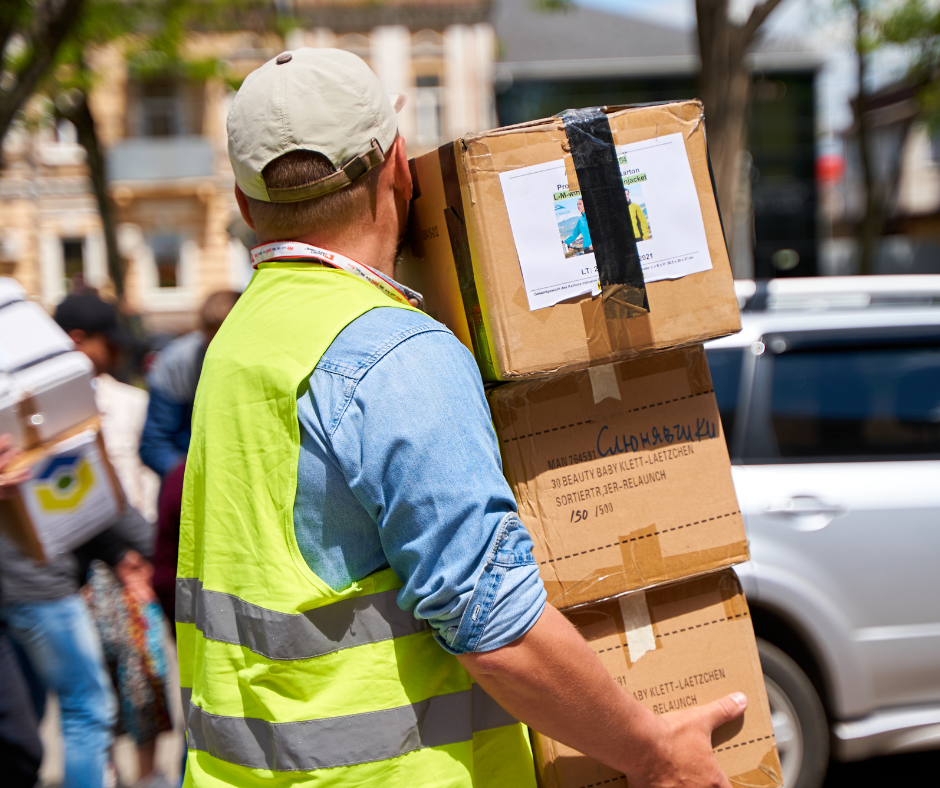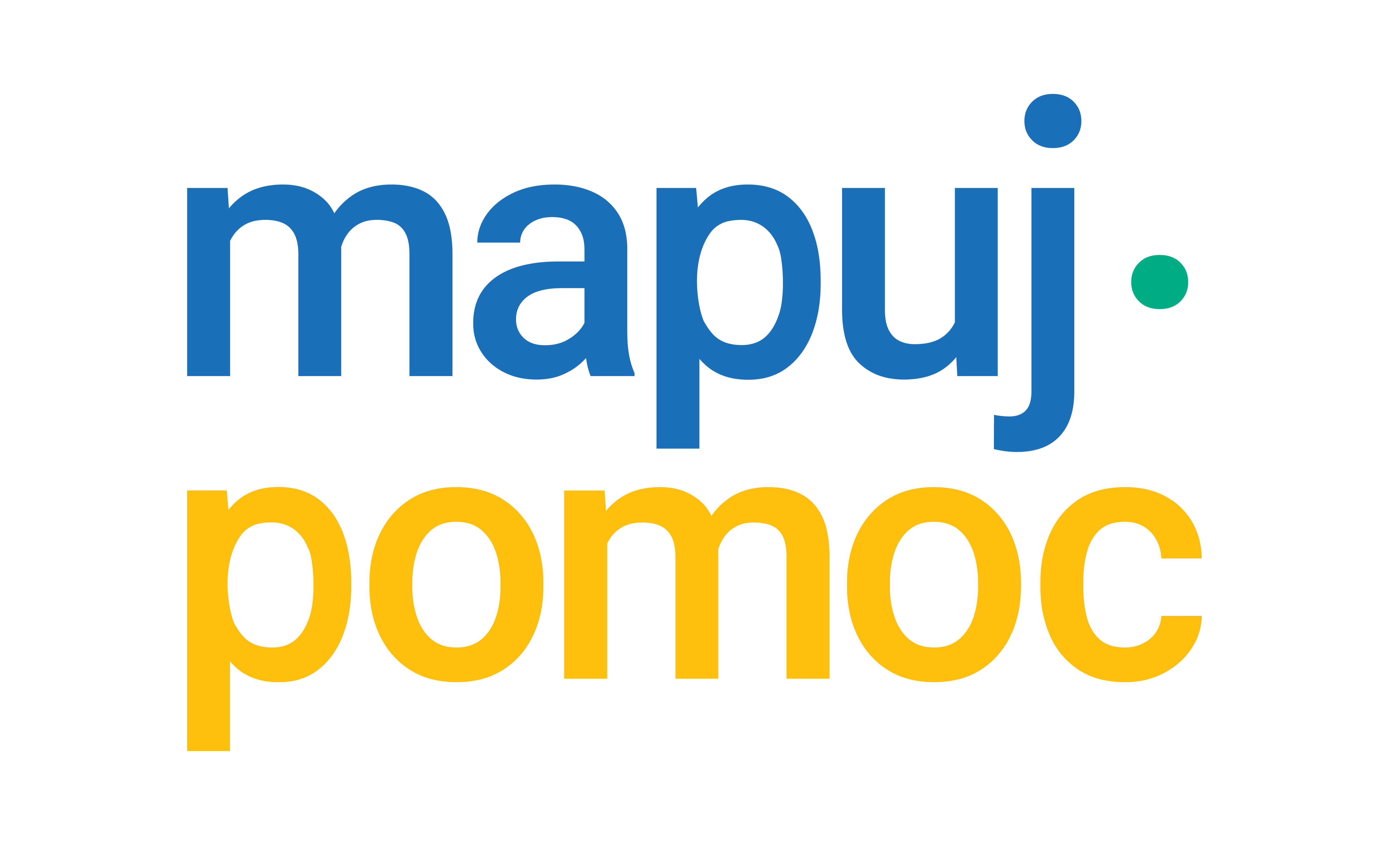On 20 June 2023, at the initiative of the CultureLab Foundation, the Map Aid project held a debate on ‘The Border of Cooperation — Multisectoral Solutions in Humanitarian Aid. Reflections and perspectives’. The participants in the debate represented three sectors that have been active on the Polish-Ukrainian border since last February: the local government, non-governmental and voluntary sectors. The meeting was an opportunity to exchange perspectives and allowed for a broader perspective on the issue of providing assistance to refugees. We talked about various solutions in this area (motivations and reasons for action), as well as perceived limitations (individual, administrative, legal or financial), and finally — about plans for further action. Below is a summary of the main conclusions of the debate.

Need for discussion
On 24 February 2022, Russia attacked Ukraine, causing many millions of the country’s citizens to flee to Poland. From one day to the next, a number of Poles and Polish women started to get involved in aid – collections of goods, transports of people or donations to organisations that supported refugees from Ukraine were organised. It became apparent that it is always necessary to create appropriate procedures, standards and action plans on an ongoing basis, so that we as a state can respond to such situations in the future. The aim of the debate ‘Border of Cooperation’ was to reflect on what happened at the Polish-Ukrainian border – which solutions were satisfactory and worth incorporating into crisis management plans, and which solutions are still worth working on if similar events were to occur in the future – so that they have the desired effect, i.e. effective assistance.
Firstly, information management
The discussion started with the issue of information management in the context of emergencies and two dimensions were distinguished. Let’s start with public space. During a crisis, it is easy to build narratives based on fear – one can risk saying that every Pole and every Polish woman has felt fear at least once since 24 February 2022 in relation to what was happening in our neighbour. This fear was further fuelled by radical groups who created massive disinformation campaigns of an anti-refugee and anti-Ukrainian nature. It will not be possible to stop disinformation and its effects completely, but if it can be slowed down and its effects mitigated, it will already be a success. Łukasz Jakubowski of the Never Again Association rightly pointed out that disinformation also affects volunteers. When it comes to preventing the spread of false information before a crisis occurs, ongoing information campaigns seem to be the solution – not only those through which we learn to recognise fake news and attempts at manipulation, but also those concerning their subject matter, i.e. in this case the refugee phenomenon (if we know the real state of affairs, we can then easily detect a lie).
Another issue when it comes to information management is effective communication. Wojciech Górecki from the My z Wami Foundation rightly pointed out that the telephone lines of public institutions were constantly busy due to the situation at the border, so a substitute form of contact was to contact volunteers, who, being ‘on the spot’, were able to get the information they needed and pass it back. Being able to flow information quickly in such a dynamic situation is crucial, as otherwise there will be an unnecessary loss of time and resources.
Secondly, the necessity to have appropriate procedures
Representatives of the city of Przemyśl — Mr Bogusław Świeży and of Hrubieszów — Ms Marta Majewska signalled the need for appropriate legal procedures to be put in place to deal with this type of situation. Public administration, unlike other entities, must have a legal basis for its actions, and as the situation at the border was unpredictable, there was no such basis. There are 4 main problems associated with this issue, which have been discussed:

- the dilemma between law and reality — the lack of a legal basis resulted in the public administration’s hands being tied, with risky actions and decisions in unclear situations;
- the involvement of office staff in crisis work — the employment contract results in an official not being allowed to go beyond the hours and duties stipulated therein, even if they agreed to do so;
- personal data processing issues — the purpose of processing refugees’ personal data was security, but there was no clear legal basis;
- financial issues — i.e. budget constraints and delays in receiving top-down public finance interpretations and their use in this situation.
The Deputy Mayor of the City of Przemyśl, Mr Bogusław Świeży, also quoted a very important piece of information — we must not forget that the local authorities are the city’s administrators — no one has exempted them from considering the residents’ matters, so these procedures must take into account the interests of the residents of the border city.
Thirdly, logistics and coordination
Another issue raised during the debate was logistics. The Mayor of Hrubieszów rightly pointed out that assistance in this type of situation looks different depending on the size of the city, the number of services — this affects capacity. The representative of the city of Przemyśl additionally pointed out that border cities should act as transit cities, where refugees do not stay for more than two days, in order to ensure the capacity of the cities, and the assistance received there is basic (in the case of Przemyśl and Hrubieszów this was crucial, as they are not huge agglomerations able to accommodate unlimited numbers of people). The problem arises when a refugee is unable to move on — for example, through illness, separation from family and waiting for them. This should be key when considering places for further relocation.

Logistics are important in the context of crossing the border. In Przemyśl it was possible to cross the border by train; however, due to the number of journeys in front of the city itself, there was sometimes a bottleneck of 7-8 trains filled with 2,000 people each, so there was a huge accumulation and increase in the number of people who needed to be assisted in a short period of time. A good solution was to speed up border clearance (while maintaining safe procedures) and to start pedestrian traffic.
Another issue is the coordination of volunteers. They cannot be forced to stay on site for eight hours, but if they are given a task then complete it to the end, because otherwise more chaos is born.
Fourthly, further human capacity building
Barbara Psiuk of Freedom Space drew attention to the human factor in the situation at the border and stressed the need to build human capacity for the future in the area of refugee assistance. It would be worthwhile for a crisis management team to be made up of people who are properly trained and educated in humanitarian law. Newly formed organisations should be able to exchange their experiences in order to know how to respond in the possible future (through meetings such as those organised as part of the ‘PoMOCna Kawa’ series).
Watch the full debate
Those interested in the topic are referred to our YouTube channel, where you can find a recording of the debate, as well as a transcript of our other ‘PoMOCna Kawa’ meetings for organisations involved in helping Ukraine.
